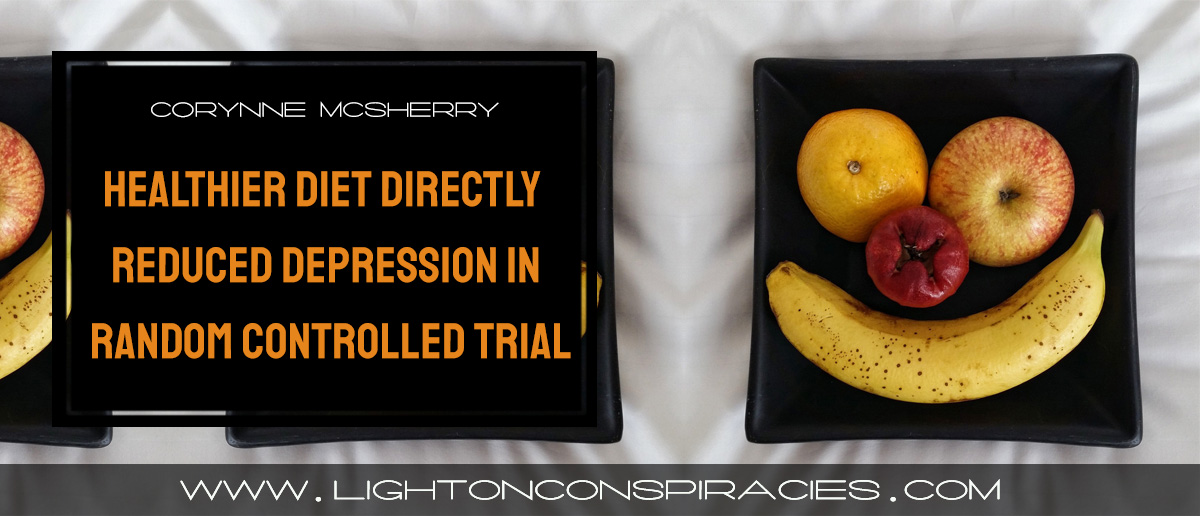
Even a brief period of healthy eating may provide longer-term improvements in mood
Young adults with depression whose diet is usually unhealthy showed significantly fewer symptoms of depression after eating a healthy diet for three weeks, according to a study published October 9, 2019 in the open-access journal PLOS ONE by Heather Francis from Macquarie University, Australia, and colleagues.
While much research has shown that eating a healthy diet rich in fruit, vegetables, fish, and lean meat is associated with a reduced risk of depression, there have been very few randomized controlled trials directly examining the link between the two, including for young adults, who are establishing health patterns and are also at higher risk for depression.
Francis and colleagues studied 76 university students (17-35 years old) exhibiting moderate-to-high depression symptoms and following a poor diet based on the Australian Guide to Healthy Eating (high in processed foods, sugar, and saturated fats). They randomized participants into a “diet change” group or a “regular diet” group. The diet change group was given brief instructions on improving their diet, as well as a healthy food hamper and $60 towards future groceries. Each group member also received two subsequent check-ins via phone call. The regular diet group did not get any diet instructions and were simply asked to return after the three weeks were up. Before and after the intervention, the researchers assessed participants’ scores for depression, anxiety and overall mood, and their performance on several learning and reasoning tasks.
At the end of the three weeks, the diet change group had successfully maintained a healthy diet and showed significant improvement in mood, with depression scores shifting into the normal range. The regular diet group’s depression scores remained stable in the moderate-to-high range. The diet change group also showed significantly lower anxiety scores than the regular diet group, though other measures were not significantly different between the groups.
The authors followed up with 33 of the participants after three months. In this small sample, they found that while only 21 percent of these participants fully maintained the healthy diet, those that did maintained their improvements in mood.
This study is limited in that the no change group received no intervention – ideally, this group would have received alternative diet instructions, check-ins and monetary contributions to parallel the diet change group. These findings are also derived from a small, specific population of university students. However, they provide preliminary evidence that relatively small, simple diet adjustments can directly improve depression symptoms, and that these effects can last up to three months.
The authors add: “Modifying diet to reduce processed food intake and increase consumption of fruit, vegetables, fish and olive oil improved depression symptoms in young adults. These findings add to a growing literature showing a modest change to diet is a useful adjunct therapy to reduce symptoms of depression.”
Sources:
PLOS












